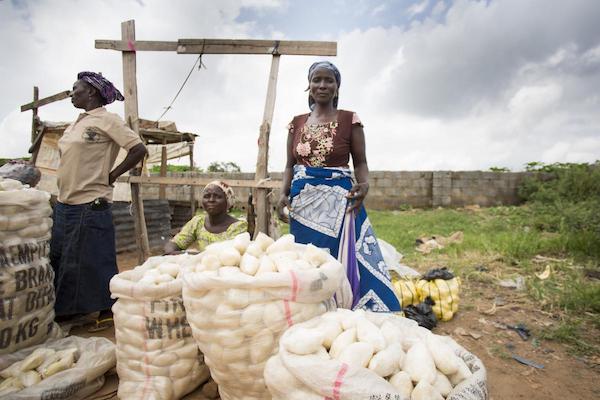Summary
In low-income and middle-income countries, such as those in sub-Saharan Africa and Latin America, the COVID-19 pandemic has had substantial implications for women’s wellbeing. Policy responses to the COVID-19 pandemic have highlighted the gendered aspect of pandemics; however, addressing the gendered implications of the COVID-19 pandemic comprehensively and effectively requires a planetary health perspective that embraces systems thinking to inequalities. This Viewpoint is based on collective reflections from research done by the authors on COVID-19 responses by international and regional organisations, and national governments, in Latin America and sub-Saharan Africa between June, 2020, and June, 2021. A range of international and regional actors have made important policy recommendations to address the gendered implications of the COVID-19 pandemic on women’s health and wellbeing since the start of the pandemic. However, national-level policy responses to the COVID-19 pandemic have been partial and inconsistent with regards to gender in both sub-Saharan Africa and Latin America, largely failing to recognise the multiple drivers of gendered health inequalities. This Viewpoint proposes that addressing the effects of the COVID-19 pandemic on women in low-income and middle-income countries should adopt a systems thinking approach and be informed by the question of who is affected as opposed to who is infected. In adopting the systems thinking approach, responses will be more able to recognise and address the direct gendered effects of the pandemic and those that emerge indirectly through a combination of long-standing structural inequalities and gendered responses to the pandemic.
Read Full Article Here

